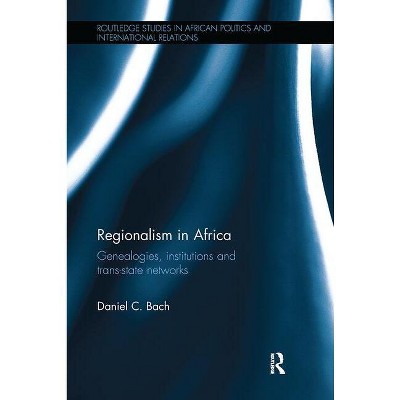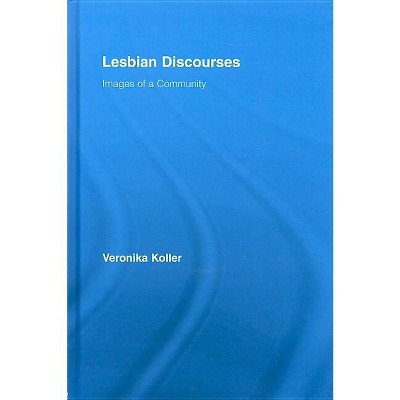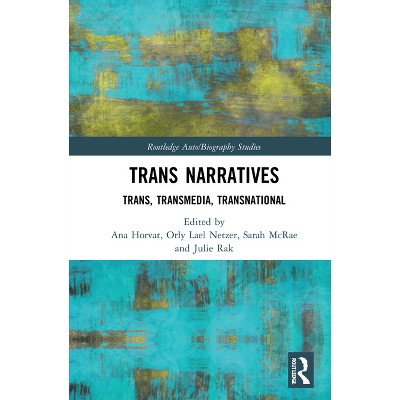Sponsored

Hybrid Communities - (Routledge Studies in Anthropology) by Charles Stépanoff & Jean-Denis Vigne (Paperback)
In Stock
Sponsored
About this item
Highlights
- Domestication challenges our understanding of human-environment relationships because it blurs the dichotomy between what is artificial and what is natural.
- About the Author: Charles Stépanoff is a social anthropologist (Laboratoire d'anthropologie sociale, École pratique des hautes études, Sorbonne, France).
- 324 Pages
- Social Science, Anthropology
- Series Name: Routledge Studies in Anthropology
Description
About the Book
Domestication challenges our understanding of human-environment relationships because it blurs the dichotomy between what is artificial and what is natural. In domestication, biological evolution, environmental change, anthropological trajectories and sociocultural choices are inextricably interconnected. Domestication is essential
Book Synopsis
Domestication challenges our understanding of human-environment relationships because it blurs the dichotomy between what is artificial and what is natural. In domestication, biological evolution, environmental change, anthropological trajectories and sociocultural choices are inextricably interconnected. Domestication is essential
About the Author
Charles Stépanoff is a social anthropologist (Laboratoire d'anthropologie sociale, École pratique des hautes études, Sorbonne, France). His research interests include human-animal relationships in hunting, herding and shamanism in North Asia.
Jean-Denis Vigne is an archaeologist (Centre national de la recherche scientifique, Muséum national d'Histoire naturelles, Sorbonne Universités, France). His research interests lie in archaeozoology, focused on interaction dynamics between animals and human societies, namely domestication, since the last hunters to the preindustrial farmer societies, mostly in the Mediterranean area, Southwest Asia and Central Asia and China.











